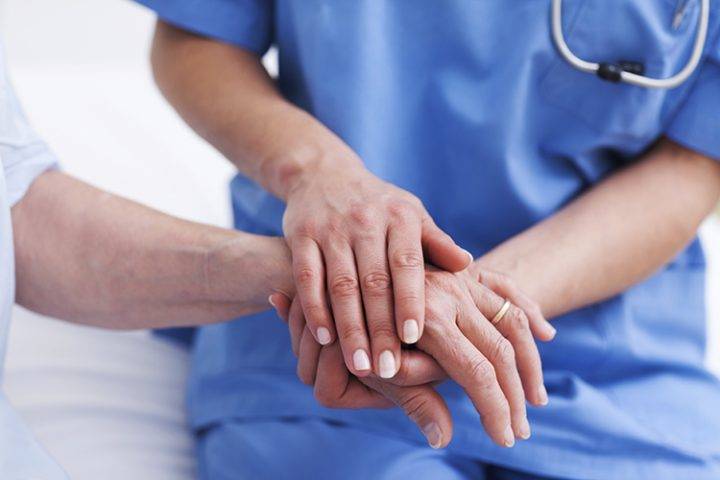Editor’s Note: This story has been updated to clarify that the government has amended the Workers Compensation Act and that once a health-care assistant files a claim and is formally diagnosed, there is no longer a need to prove a mental health disorder is work-related.

Three years ago, Kris was working as a health care aide when she was assaulted by a patient for three days straight.
Global News has agreed not to use her last name to protect her identity as an abuse survivor.
She says the abuse included repeated sexual attempts, biting, licking, and kissing until she eventually quit her job.
“I mean, having PTSD (post traumatic stress disorder) has totally changed who I am or who I was that I know who I was,” Kris said.
“I’m never gonna be back there.”
Applying for compensation through WorkSafeBC, she said, was like reliving her trauma all over again.
“Having to prove that this was all caused by a workplace incident was just as traumatic as going and living through it.”
“I was asked questions, like it was my fault, what did I do.”
The B.C. government has amended the Workers Compensation Act so once a health-care assistant files a claim and is formally diagnosed, there is no longer a need to prove a mental health disorder is work-related.
B.C. Minister of Labour Harry Bains says the change will protect health-care workers from being re-traumatized.
“In the past, when you apply to the WCB to have a mental health injury claim you have to actually prove that it is work-related.”
The Mental Disorder Presumption Regulation was also amended in April to add publicly funded health care assistants to the list of occupations associated with mental health disorders.
“They face violence at workplaces that cause mental anguish, mental stress, mental injuries,” Bains said.
Kris just hopes the new rules will prevent people from falling into extreme PTSD.
“There’s big parts of me that I will never get back, I doubt that I will ever see a carefree me again, where I can go out and not be on high alert all the time.”
“My only goal is to ensure that nobody has to go through that.”




Comments